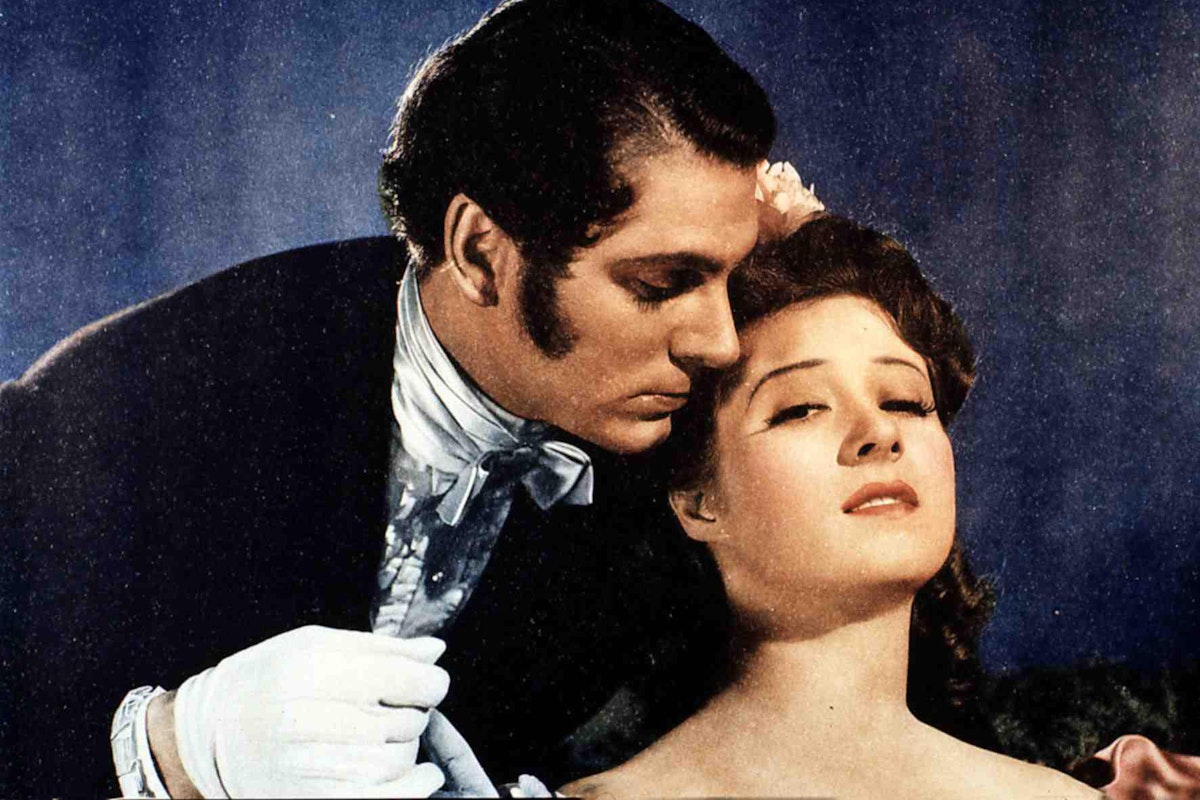
She sees a clear link between Pride and Prejudice and early gothic literature, with its horror stories of abducted young women in gloomy castles, poisonings, and implied rapes, that was the bestselling genre of Austen’s youth (her first completed novel, Northanger Abbey, is an overt spoof of gothic conventions, though it hadn’t occurred to me to look for them in the rest of her works). To me, the idea of Longbourn (the home of the Bennets) as a haunted house—haunted by a death yet to come, that of Mr. Bennet—is powerful, because it’s hard, without this kind of framing, to fully convey the anxiety stalking the women in Pride and Prejudice, and by extension, Lizzie’s courage in disregarding it as she relies on her own moral compass.
Feder uses the word “scary” a lot to describe the situation of women in Jane Austen—unable to earn income, at the mercy of rakes like Wickham and Willoughby (the bad boys of Pride and Prejudice and Sense and Sensibility, respectively), prone to unwelcome pregnancies (in Feder’s reading, Marianne Dashwood, heroine of the latter, suffers one of these, not just illness, when Willoughby abandons her, hence the need for an “apothecary” to administer an abortion). Yet she doesn’t dwell on the scariest part by far, which awaited women after their happy ever afters—childbirth, with its sky-high mortality rate. Jane Austen had four sisters-in-law who died in childbirth, and the specter of the dead mother—or the exhausted (Mrs. Price in Mansfield Park) or comatose mother (Lady Bertram, ditto)—certainly haunts her work.
In the section on Taylor Swift, Feder stops to linger on the song “All Too Well,” which she sees as a “textbook” Darcy myth. In it, Swift describes a short-lived love affair through a series of poetic flashbacks—dancing with her lover in the light of the fridge, getting lost upstate in a car—and the motif of a red scarf that she leaves with him. By visualizing these memories, Swift asserts her truth in the face of a partner (assumed to be Jake Gyllenhaal, who Swift dated when she was 20 and he was 29) who, it’s implied, is acting as though the relationship never happened.